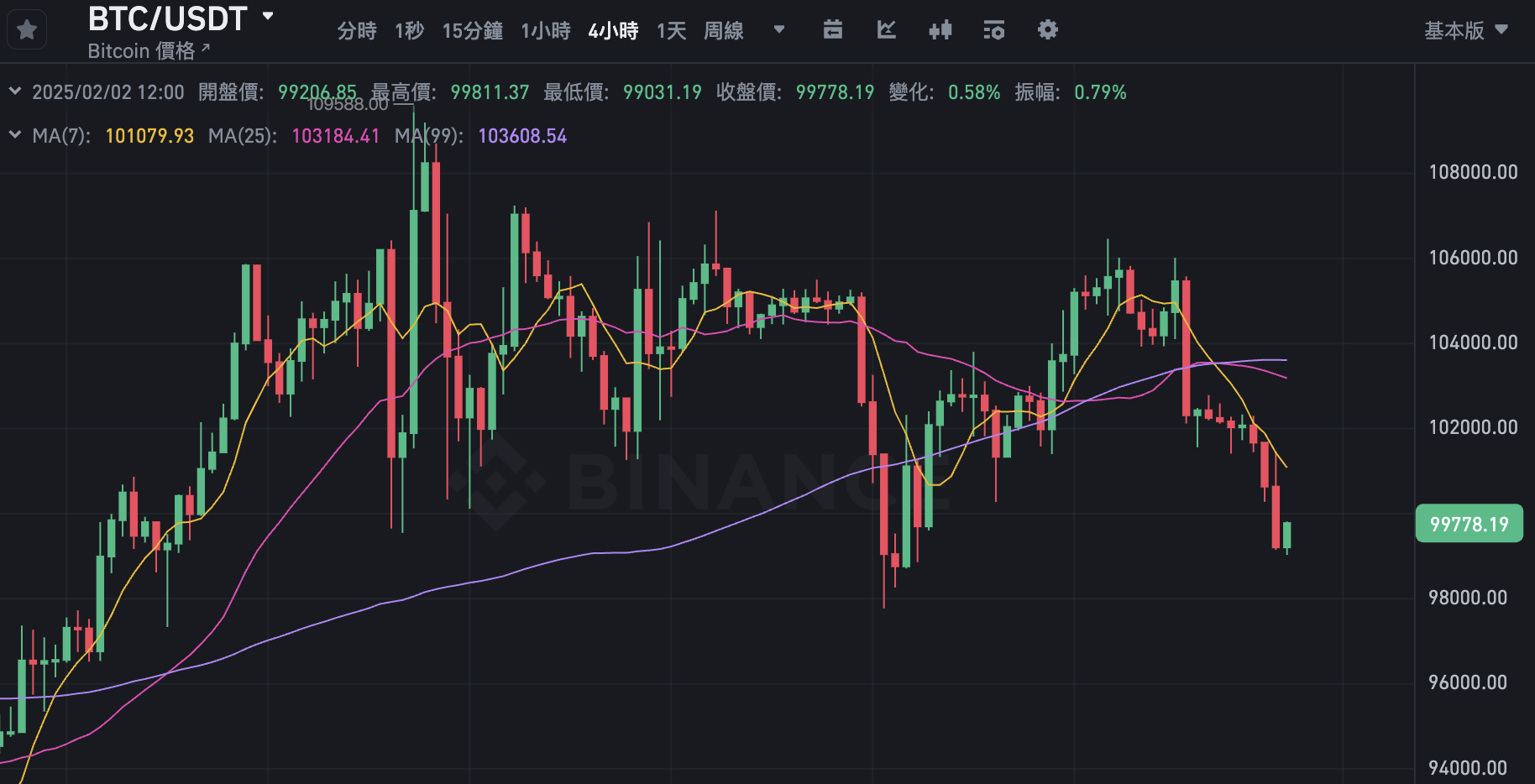US President Trump announced on Friday that starting February 1, a 25% tariff will be imposed on goods from Canada and Mexico, and a 10% tariff on goods from China. This has quickly provoked a strong response from the affected countries, with Canada, Mexico and China announcing retaliatory measures, and a global tariff war is about to break out.
Canada Strongly Counterattacks! Imposes 25% High Tariffs on US Goods
Facing the US tariff stick, Canadian Prime Minister Justin Trudeau immediately announced retaliatory tariffs, imposing a 25% tariff on $20 billion worth of US goods starting February 4, including beer, wine, bourbon, fruits, juices, clothing, sporting goods and household appliances. He plans to further expand the tariff range to an additional $85 billion worth of US goods within three weeks to ensure that the Canadian supply chain has enough time to adjust.
The trade relationship between Canada and the US is close, with Canada importing $123 billion in services from the US in 2023 and exporting $105 billion, with bilateral trade accounting for 77% of Canada's total exports and 63% of its imports. However, for the US, Canada's trade only accounts for 18% of its exports and 14% of its imports, indicating Canada's high dependence on the US market.
Trudeau emphasized in his speech that Canada will not succumb to US tariff pressure, and accused Trump's policies of causing serious damage to the North American economy.
Mexican President: Defend National Interests, Intends to Adopt Tariffs and Non-Tariff Retaliation
Mexican President Claudia Sheinbaum is also not to be outdone, instructing the Minister of Economy to formulate tariff and non-tariff measures to defend Mexico's economic interests.
Sheinbaum posted a statement on X (formerly Twitter), emphasizing that the Mexican government does not seek to confront the US, but hopes to resolve the dispute through dialogue and cooperation. However, she also pointed out that Mexico has been actively cracking down on drug crimes, seizing 20 million doses of fentanyl and arresting more than 10,000 drug dealers since last October, and the reasons for Trump to impose tariffs on Mexico are unreasonable.
China Dissatisfied with US Tariffs, Will File a Complaint to the WTO and Take Countermeasures
The White House announced on the evening of February 1 that it will impose a 10% tariff on Chinese goods on the grounds of the fentanyl issue. The Chinese Ministry of Commerce issued a statement on the 2nd, expressing strong dissatisfaction and firm opposition, pointing out that the US's unilateral tariff action seriously violates the rules of the World Trade Organization (WTO) and disrupts normal China-US economic and trade cooperation.
China stated that it will file a lawsuit against this with the WTO and take appropriate countermeasures to safeguard its own interests. At the same time, the Chinese government also urged the US to rationally address the fentanyl issue, believing that the US should solve the drug problem through international cooperation rather than repeatedly threatening other countries with tariffs.
Bitcoin Breaks Through $100,000
The US stock market on February 1 encountered selling pressure, with the four major indices closing in the red, with the Dow Jones Industrial Average falling 337.47 points, the S&P 500 index falling 30.64 points, or 0.50%, to 6040.53 points, and Nvidia's stock price, which opened higher, also fell 3.67% to close at $120.07, as market uncertainty about the economic and trade outlook deepened.

Facing the official start of the Tariff 2.0 war, the cryptocurrency market has also continued to be impacted. Starting early this (2nd) morning, the price of has been falling, breaking through $100,000, and even briefly dipping below $90,000. As of the time of writing, it has rebounded slightly, and the sector is also in a general downturn, with falling nearly 10% in 24 hours and the price of falling about 6% in 24 hours.








